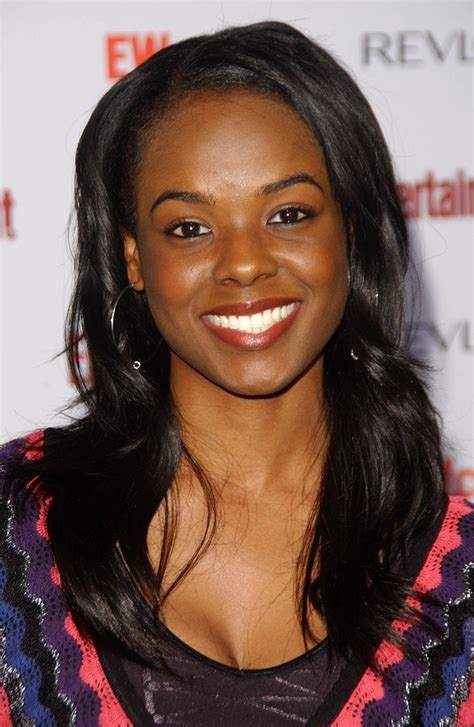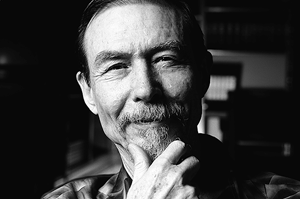A Quote by Nicholas Hammond
When you think about it, a trial is not really about what the truth is, it's about which barrister is better at persuading those 12 people to believe their story.
Related Quotes
Thinking about making a love story without music was really frightening, Sciamma admitted. Because every love story we know, we think about 'Titanic' we think about the music, we think about 'Gone with the Wind' we think about the music, we think about 'E.T.' we think about the music, and every love story has its own tune, 'That's our song.'
I think that most of us, anyway, read these stories that we know are not "true" because we're hungry for another kind of truth: the mythic truth about human nature in general, the particular truth about those life-communities that define our own identity, and the most specific truth of all: our own self-story. Fiction, because it is not about someone who lived in the real world, always has the possibility of being about oneself. --From the Introduction
The Bible is a wonderful book. It is the truth about the Truth. It is not the Truth. A sermon taken from the Bible can be a wonderful thing to hear. It is the truth about the truth about the truth. But it is not the truth. There have been many books written about the things contained in the Bible. I have written some myself. They can be quite wonderful to read. They are the truth about the truth about truth about the Truth. But they are NOT the Truth. Only Jesus Christ is the Truth. Sometimes the Truth can be drowned in a multitude of words.
Many people who call themselves deflationists are deflationists about propositional truth but not about sentential truth. I only ever mention that view to distinguish it from disquotationalism. I don't really have any objection to it, other than that I don't believe in propositions, so I don't think there's any such thing as a proposition's being true. Truth, on my view, is primarily a property of representations, such as sentences and certain kinds of mental states.
Architecture is really about well-being. I think that people want to feel good in a space... On the one hand it's about shelter, but it's also about pleasure. The intention is to really carve out of a city civic spaces and the more it is accessible to a much larger mass in public and it's about people enjoying that space. That makes life that much better. If you think about housing, education, whether schools and hospitals, these are all very interesting projects because in the way you interpret this special experience.
Sidney Lumet is one of my favorite filmmakers. I feel like his approach to filmmaking was always so human. He was always making movies about the people. He wasn't about the tricks, you know what I mean? From 12 Angry Men on. Another film of his which I really, really love is Prince of the City, with Treat Williams, which is kind of a lost classic. Lumet is one of those film heroes that changed movies for everyone.































